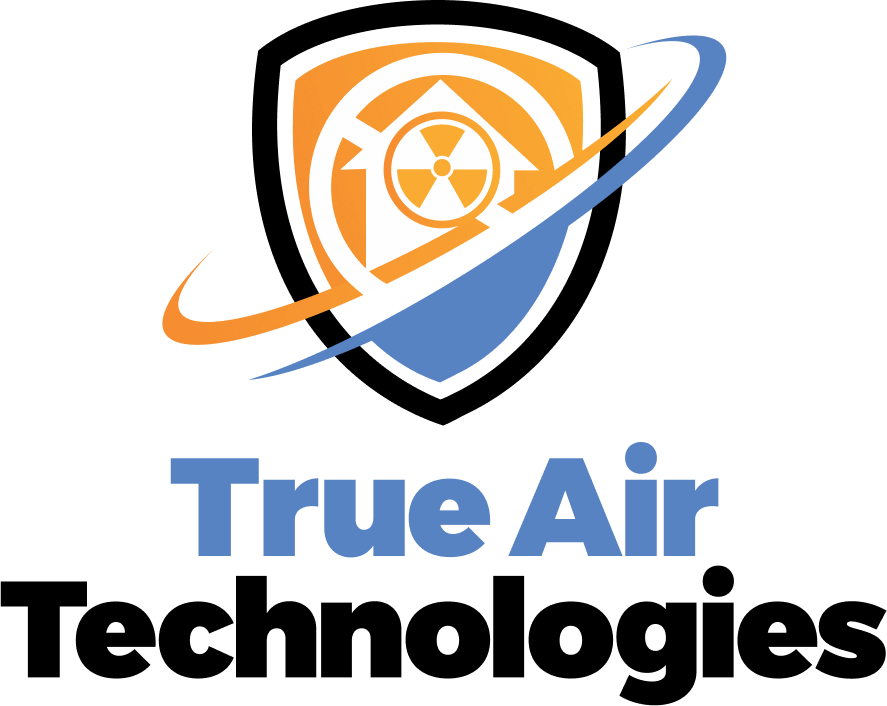If you’ve discovered elevated radon levels in your home, you may already know that professional radon mitigation is the only way to effectively reduce your exposure. But many homeowners wonder: Can health insurance pay for radon remediation? While traditional homeowner’s insurance won’t cover it, there are ways to offset the cost using health-related accounts such as an HSA (Health Savings Account) or FSA (Flexible Spending Account).
With the right documentation, radon mitigation can qualify as a medical expense, making it easier to protect your health without straining your budget.
Why Radon Mitigation May Qualify as a Medical Expense
The IRS recognizes certain home improvements as medical care when they are prescribed by a physician to prevent or treat disease. Under IRS Section 213(d)(1)(A), radon mitigation can qualify if it’s deemed medically necessary.
Because radon exposure is the second-leading cause of lung cancer in the U.S., the connection to disease prevention is clear. If your home test shows radon levels at or above the EPA action level of 4.0 pCi/L, you may be able to use your HSA or FSA to pay for remediation—provided you submit a Letter of Medical Necessity from your doctor.
How to Use HSA or FSA for Radon Mitigation
Here’s a step-by-step guide if you want to pursue HSA/FSA radon mitigation coverage:
- Test Your Home: Confirm radon levels at 4.0 pCi/L or higher with an EPA-approved test.
- Get Medical Documentation: Ask your doctor for a “Letter of Medical Necessity,” citing the health risks of radon.
- Install a Radon Mitigation System: Hire a certified professional like True Air Technologies to reduce radon levels.
- Submit Proof for Reimbursement: Provide your HSA/FSA administrator with your doctor’s letter, radon test results, and receipts.
In practice, homeowners in states like Iowa have successfully received reimbursement for radon remediation by combining medical documentation with radon test results.
Support From Health & Safety Organizations
Organizations like the American Association of Radon Scientists and Technologists (AARST) are actively pushing for clearer IRS guidance to help families nationwide use health savings accounts for radon mitigation. Public health leaders, including the U.S. Surgeon General, continue to emphasize the serious risks of radon, reinforcing its classification as a legitimate health hazard.
Why It Matters
Radon exposure is invisible and odorless, but the long-term risks are real. Leaving high radon levels untreated can have devastating health consequences. Fortunately, your HSA or FSA may help cover radon mitigation costs, making it more affordable to protect your family.
At True Air Technologies, we specialize in EPA-compliant radon testing and mitigation systems that keep your indoor air safe. If you’re concerned about cost, we can help guide you through the process of using a Letter of Medical Necessity and your HSA/FSA benefits to reduce out-of-pocket expenses.
Contact us today to schedule a radon consultation and learn how to make remediation both affordable and effective.
